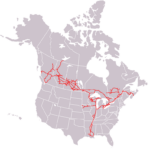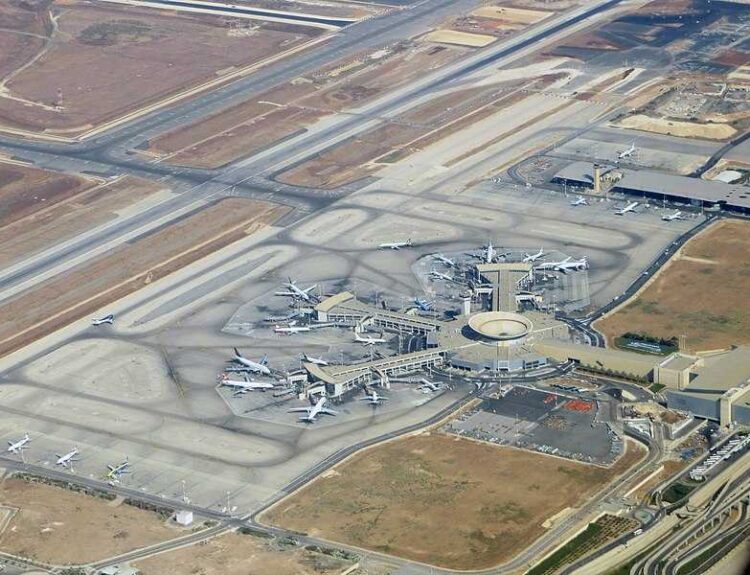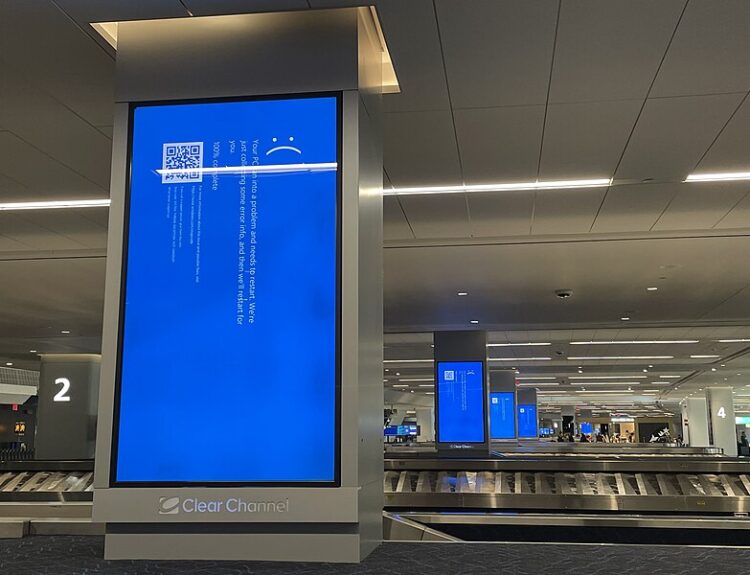Automatic refunds and fee transparency aim to improve passenger rights
- New Transportation Department rules require airlines to issue automatic cash refunds for canceled or significantly changed flights
- Refunds also apply to long delays with baggage reclaim or if paid-for ancillary services aren’t provided
- Airlines will now have to issue refunds without passengers explicitly requesting them
- Refunds must be issued within seven business days for credit-card purchases
- Airlines may face increased expenses as a result of easier refund processes
- Low-cost carriers may see margins squeezed due to increased costs
- New rules also require airlines to disclose all hidden fees and explain their policies upfront
- Airlines won’t be allowed to advertise a discount fare that doesn’t include all mandatory extra fees
- Proposals in the pipeline include banning extra fees for families to sit together
The Biden administration has introduced new Transportation Department rules that require airlines to issue automatic cash refunds to passengers for canceled or significantly changed flights. Refunds will also apply to long delays with baggage reclaim or if paid-for ancillary services, such as Wi-Fi, aren’t provided. Airlines will now have to issue refunds without passengers explicitly requesting them, and within seven business days for credit-card purchases. This aims to simplify the refund process for consumers, who currently have to navigate cumbersome processes to request a refund. However, these easier refund processes may increase expenses for airlines, especially as costs of maintenance, labor, and fuel are already elevated. This could potentially lead to higher airfares. In addition to refund rules, the new regulations also require airlines to disclose all hidden fees and explain their policies upfront. Airlines won’t be allowed to advertise discount fares that don’t include all mandatory extra fees. The Biden administration is also considering banning extra fees for families to sit together. These new rules aim to protect consumer rights and improve transparency in the airline industry.
Factuality Level: 3
Factuality Justification: The article provides relevant information about new Transportation Department rules requiring airlines to issue automatic refunds to passengers. However, it includes unnecessary details about airline stocks and their response to the announcement, which are tangential to the main topic. The article also contains some biased language, such as referring to low-cost carriers as more likely to be affected negatively by the new rules.
Noise Level: 3
Noise Justification: The article provides relevant information about new Transportation Department rules requiring airlines to issue automatic cash refunds to passengers for canceled or significantly changed flights. It also discusses the potential impact on airlines and consumers. The article stays on topic and supports its claims with examples and details. However, it contains some repetitive information and could benefit from more in-depth analysis of the long-term implications of these new rules.
Financial Relevance: Yes
Financial Markets Impacted: Airlines
Presence Of Extreme Event: No
Nature Of Extreme Event: No
Impact Rating Of The Extreme Event: No
Rating Justification: The article discusses new Transportation Department rules requiring airlines to issue automatic cash refunds to passengers if their flights are canceled or significantly changed. This could significantly add to airlines’ expenses and potentially impact their financial performance.
Public Companies: Delta Air Lines (DAL), United Airlines Holdings (UAL), JetBlue Airways (JBLU)
Key People: Biden administration (Government), DOT (Department of Transportation)
Reported publicly:
 www.marketwatch.com
www.marketwatch.com 





